Human Resources Management - HR Management Assistance
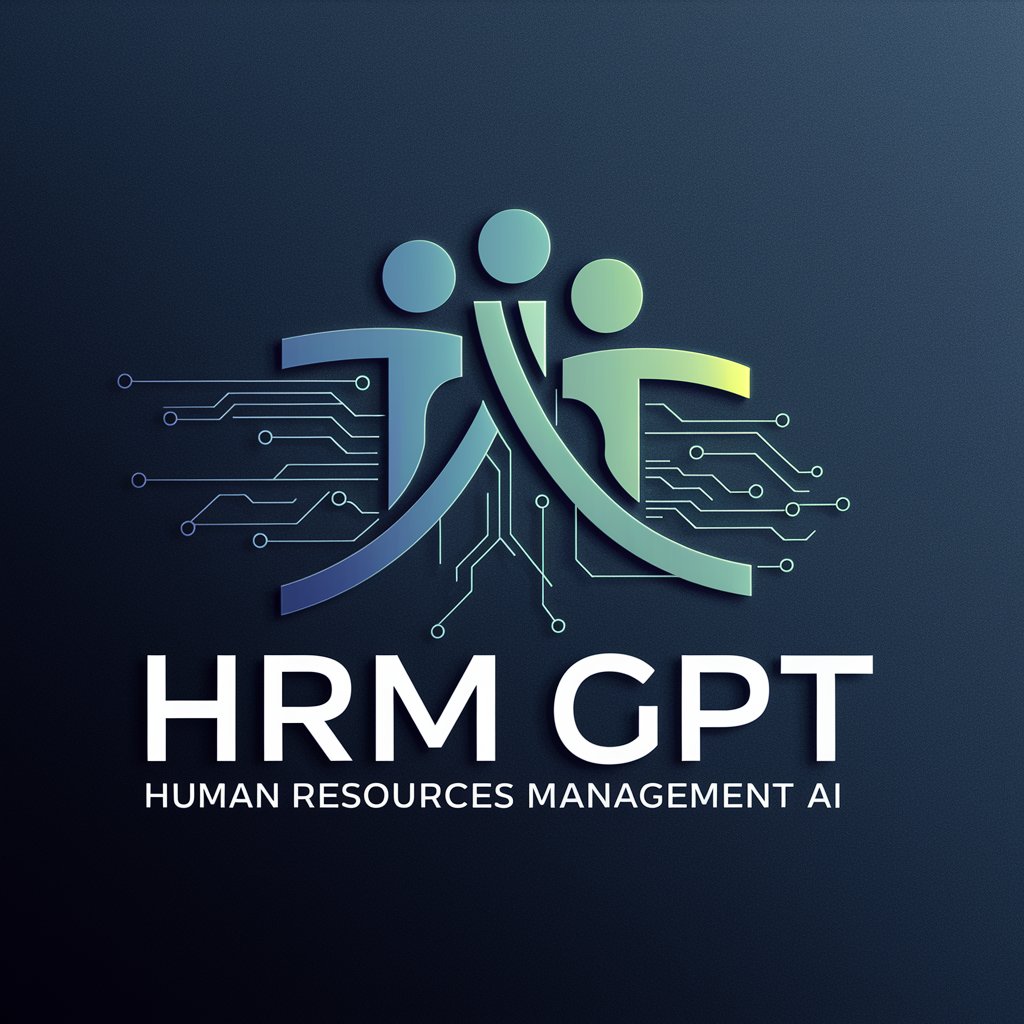
Hello! How can I assist you with your HR needs today?
Empower HR with AI-driven insights
Can you provide guidance on employee performance evaluations?
What are the best practices for improving employee engagement?
How should we handle conflict resolution within a team?
What steps should we follow for an effective recruitment process?
Get Embed Code
Introduction to Human Resources Management
Human Resources Management (HRM) is a fundamental aspect of any organization, aimed at maximizing employee performance in service of an employer's strategic objectives. HRM is primarily concerned with the management of people within organizations, focusing on policies and systems. HRM covers activities such as recruitment, training and development, performance appraisal and feedback, establishing pay structures and benefits, employee relations, and ensuring compliance with employment and labor laws. For example, in the scenario of recruiting, HRM involves publishing job ads, screening applicants, conducting interviews, and selecting the right candidates. This process ensures that the organization is staffed with the right talent to achieve its goals. Powered by ChatGPT-4o。

Main Functions of Human Resources Management
Recruitment and Selection
Example
Crafting job descriptions, sourcing candidates, screening applications, and conducting interviews to fill vacancies.
Scenario
A tech company needs to hire a software developer. HRM manages the process by posting the job on relevant platforms, filtering applications based on qualifications, and conducting interviews to select the most suitable candidate.
Training and Development
Example
Identifying skill gaps and organizing training sessions or professional development programs to enhance employee skills.
Scenario
An organization identifies a gap in digital marketing skills among its marketing team. HRM organizes a series of workshops with industry experts to upskill the team, improving their digital marketing strategies.
Performance Management
Example
Regularly evaluating employee performance through appraisals and providing constructive feedback.
Scenario
An HR manager conducts quarterly performance reviews with employees to discuss achievements, areas for improvement, and set goals for the next quarter, ensuring alignment with the company's objectives.
Employee Relations
Example
Managing the relationship between the employer and employees, addressing grievances, and fostering a positive work environment.
Scenario
HRM steps in to mediate a conflict between two team members, facilitating a resolution that respects both parties' perspectives and restores harmony in the team.
Compensation and Benefits
Example
Designing and managing employee compensation structures, including salaries, bonuses, and benefits like health insurance.
Scenario
HRM conducts a market analysis to ensure the company's pay structure is competitive, then implements a new benefits package that includes wellness programs, attracting and retaining top talent.
Ideal Users of Human Resources Management Services
Small to Medium Enterprises (SMEs)
SMEs, often with limited resources for a dedicated HR department, can greatly benefit from HRM services to streamline their hiring processes, maintain compliance with labor laws, and implement effective employee management practices.
Large Corporations
With a vast number of employees, large corporations need sophisticated HRM strategies to manage recruitment, training, performance management, and employee relations on a large scale, ensuring the organization's culture and values are upheld.
Startups
Startups experiencing rapid growth require efficient HRM to attract, hire, and retain the right talent while establishing a strong organizational culture and operational efficiency from the ground up.
Non-Profit Organizations
Non-profits often operate with budget constraints and can use HRM to optimize their workforce through strategic volunteer management, staff development, and compliance with employment standards, maximizing their impact on the community.

How to Utilize Human Resources Management
Initiate Free Trial
Begin by visiting yeschat.ai to access a complimentary trial without the need for registration or subscribing to ChatGPT Plus.
Explore Features
Familiarize yourself with the tool's capabilities, including employee data management, policy interpretation, and performance tracking to understand how it can best serve your HR needs.
Customize Settings
Adjust the settings to fit your organization's specific HR requirements, including customizing templates for performance reviews, job descriptions, and HR policies.
Implement HR Processes
Start using the tool to streamline HR processes, such as recruitment, employee onboarding, performance evaluations, and managing employee relations.
Monitor and Optimize
Regularly review the tool's analytics and reports to gain insights into HR operations and employee performance, allowing for data-driven decisions and optimizations.
Try other advanced and practical GPTs
Human Resources Training
Empower HR Excellence with AI
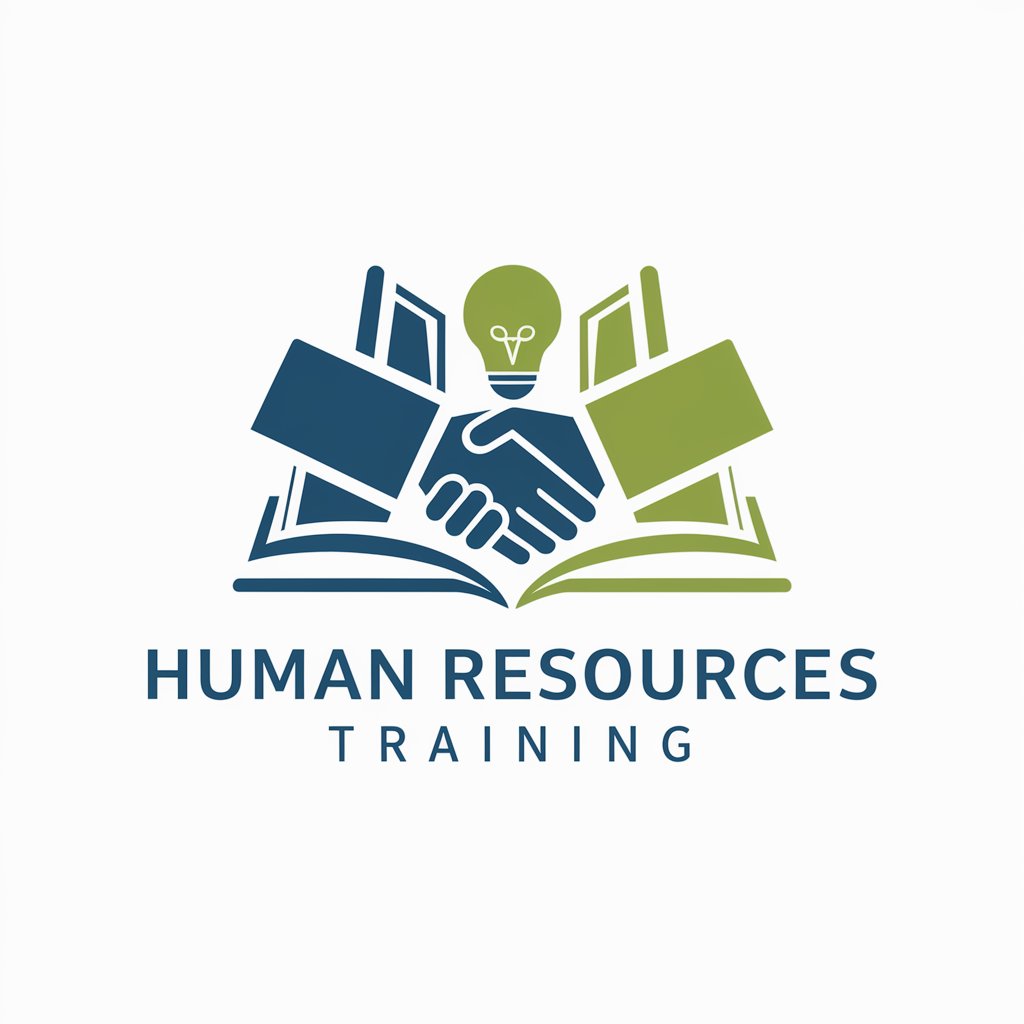
Advanced Case Study Expert
Empowering Design Decisions with AI

WebCraft Wizard
Crafting the future of web design, AI-powered.

AutoBiz GPT
Empowering decisions with AI-driven insights
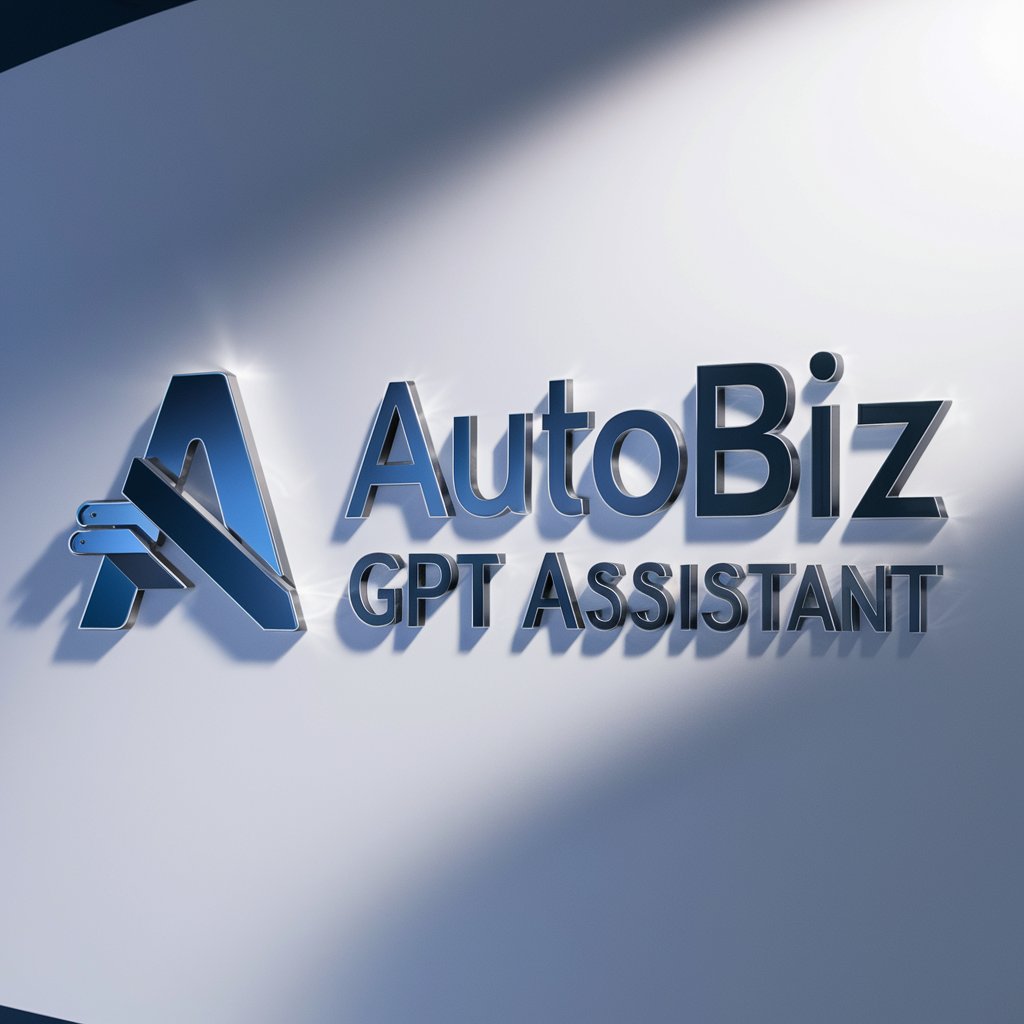
Data Analysis Coach
Empowering Your Data Analysis Journey with AI
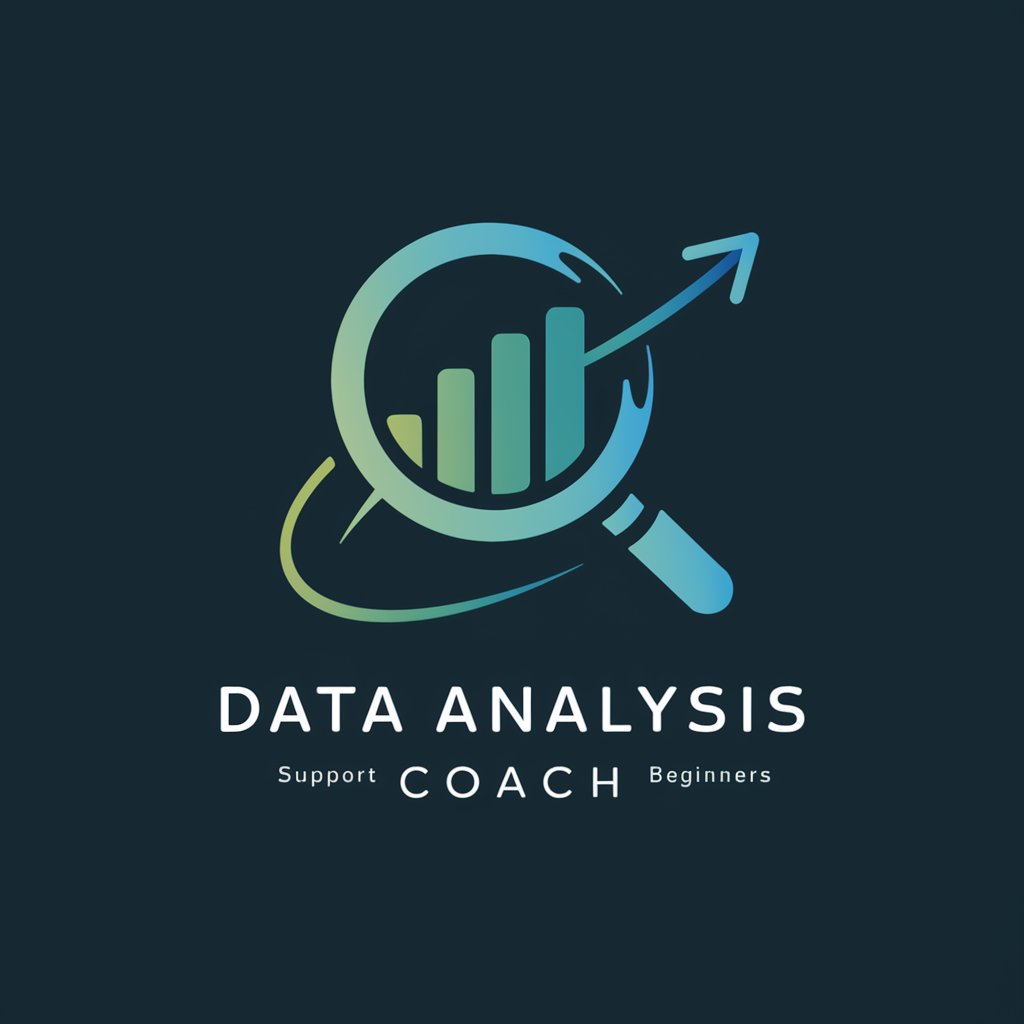
AgriPredict Expert
Empowering Agriculture with AI Insights

Human Resources Development
Empowering Professional Growth with AI
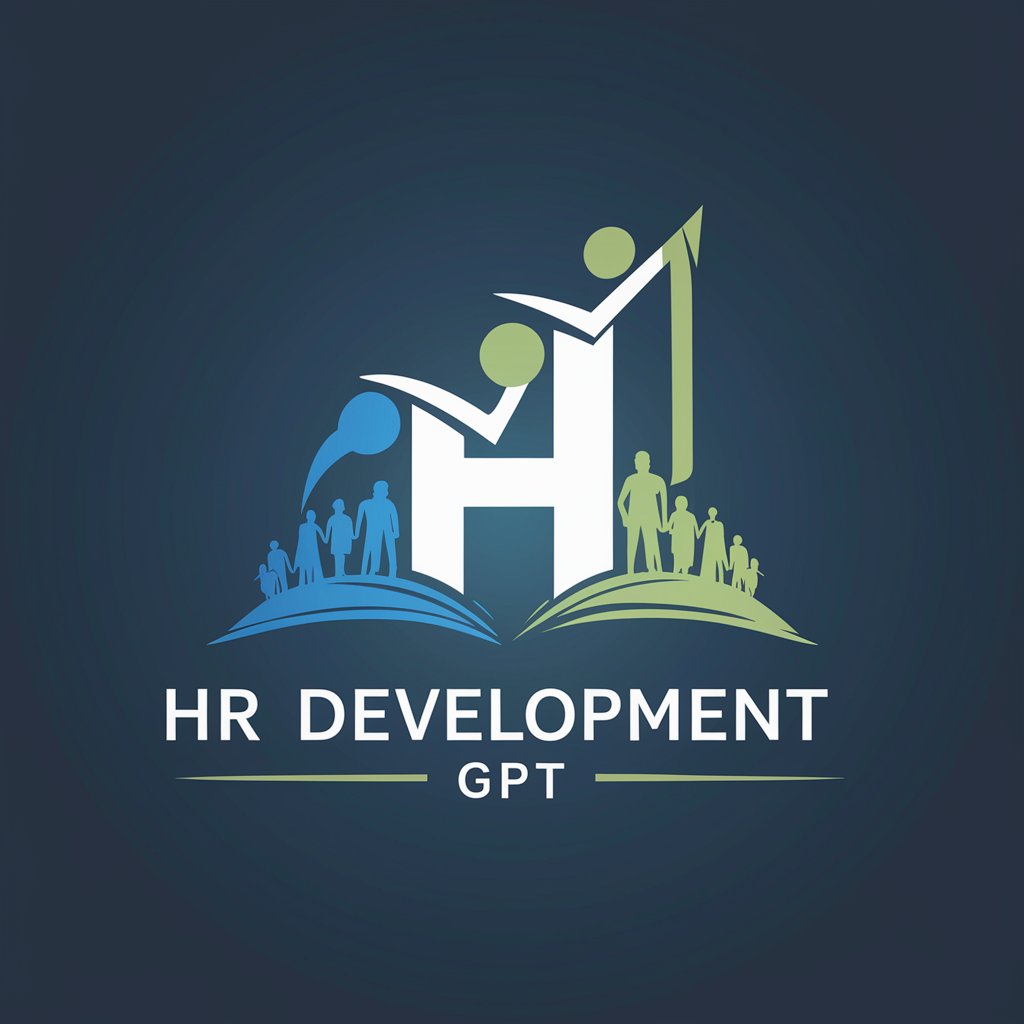
Natural Resources Management
Empowering Sustainable Management with AI

Natural Resources
Empowering sustainable management with AI
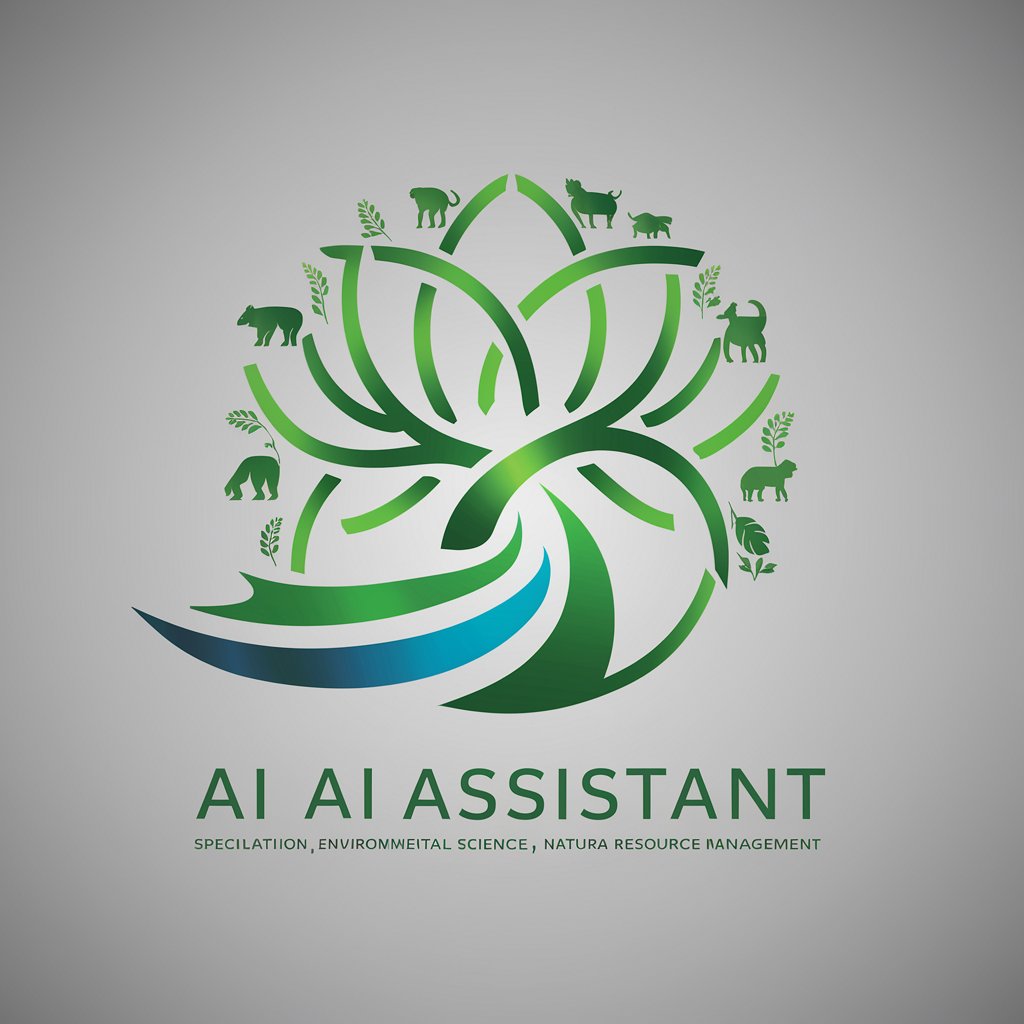
Resource Management
Maximize Resources with AI
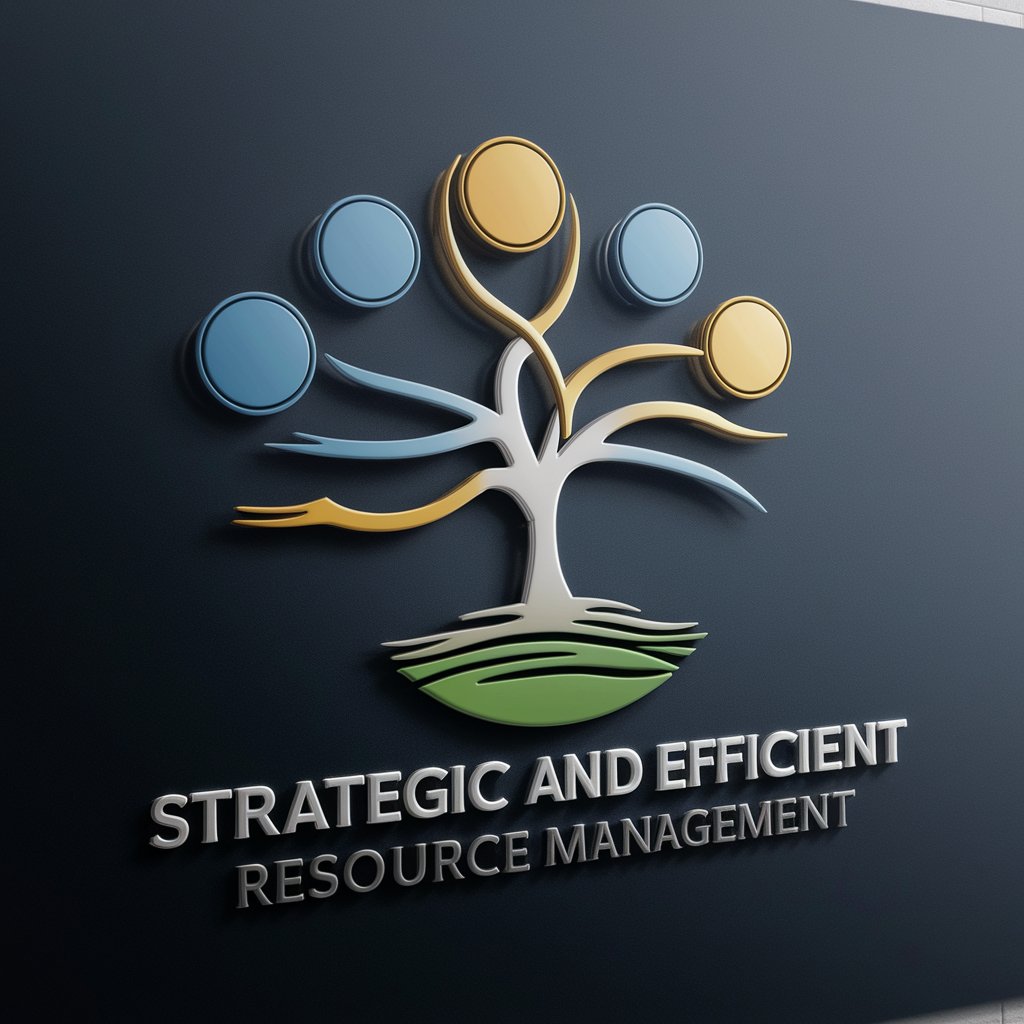
Skill Scout
Empower Your Team with AI-Driven Skill Insights
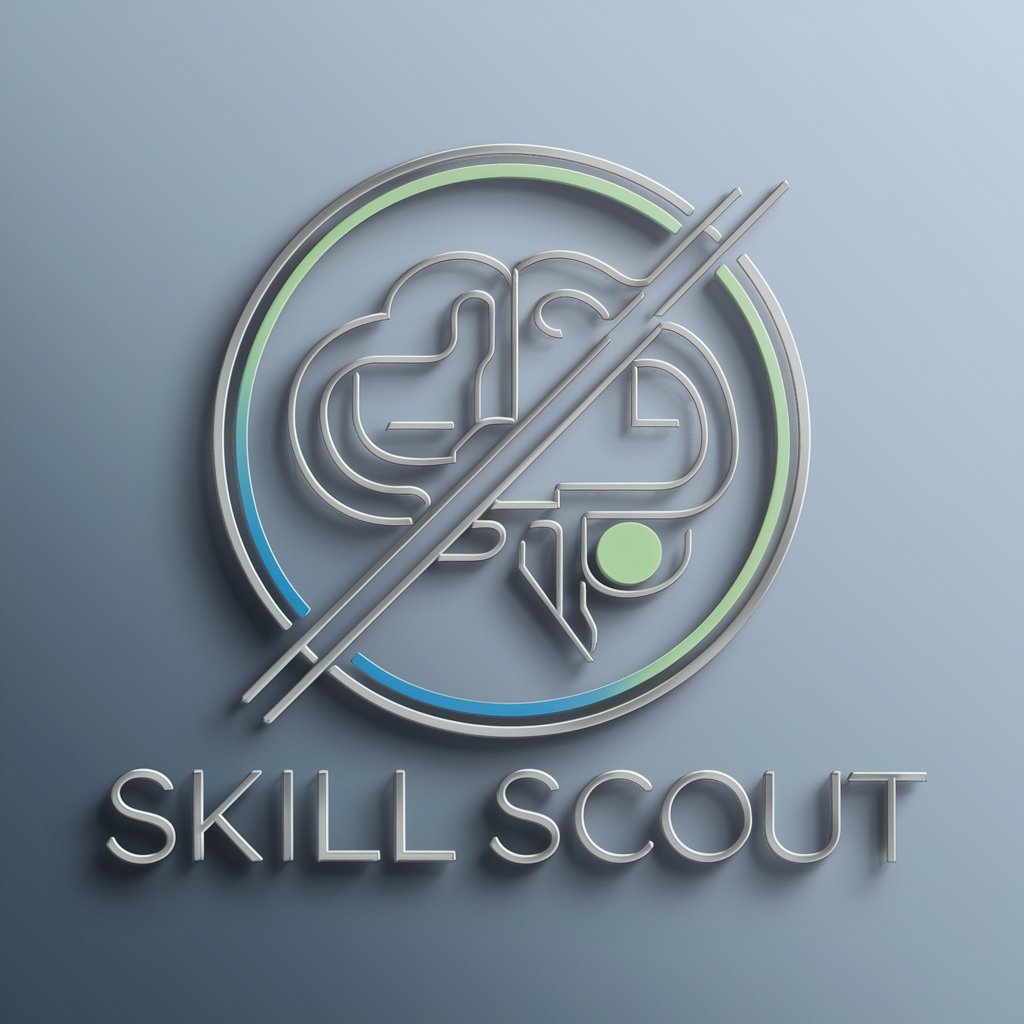
Public Service Administrator
Empowering Public Service Access with AI
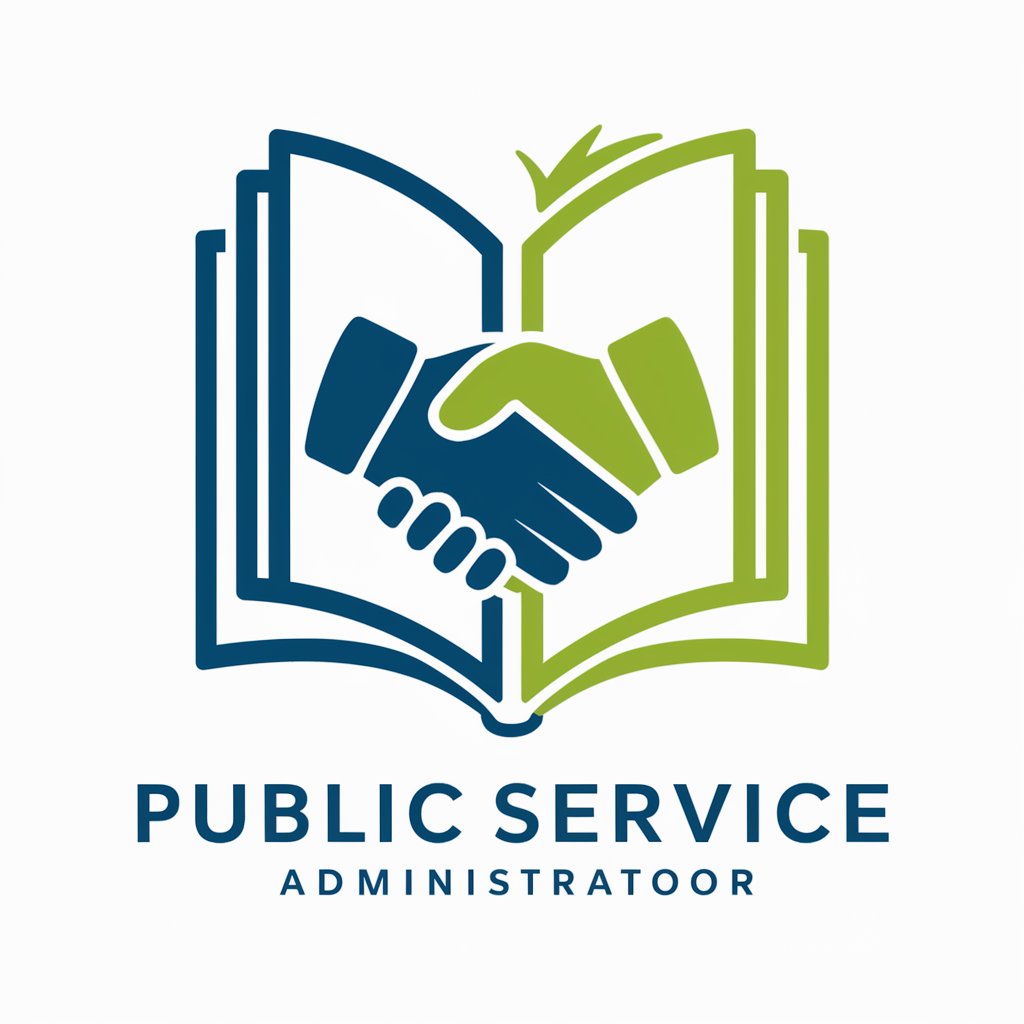
Frequently Asked Questions about Human Resources Management
How does Human Resources Management assist with recruitment?
It streamlines the recruitment process by managing job postings, tracking applicant data, scheduling interviews, and facilitating communication between hiring teams and candidates.
Can the tool help with employee performance management?
Yes, it offers features for setting performance metrics, scheduling evaluations, providing feedback, and tracking development plans, all aimed at enhancing employee performance and growth.
Does it support policy creation and management?
Absolutely, users can create, distribute, and manage company policies, ensuring compliance and consistency across the organization.
Is the tool capable of handling employee relations issues?
Yes, it provides mechanisms for recording, tracking, and resolving employee grievances, feedback, and other relations matters, promoting a positive workplace environment.
How does the tool facilitate employee data management?
It securely stores and organizes employee records, including personal information, job history, and performance data, enabling easy access and management of employee details.
